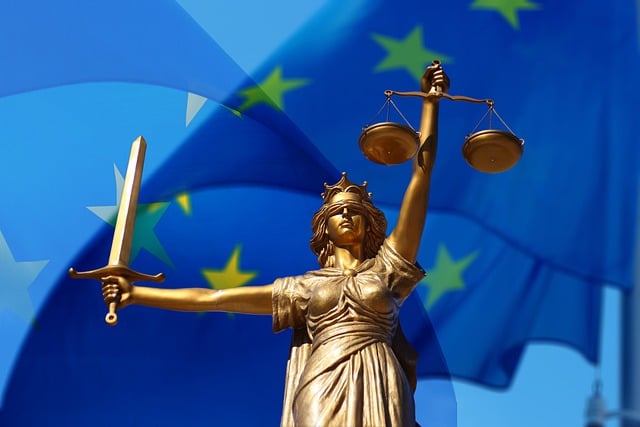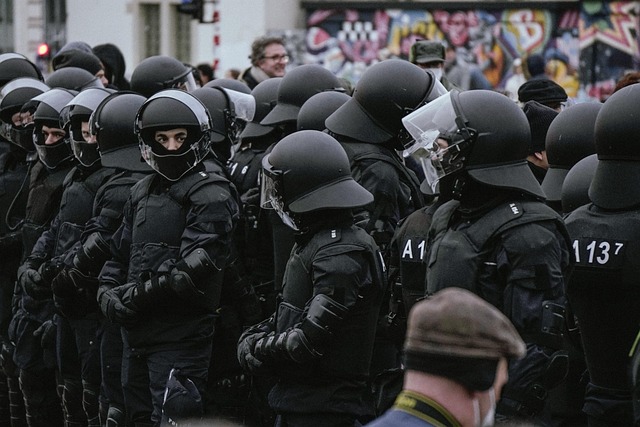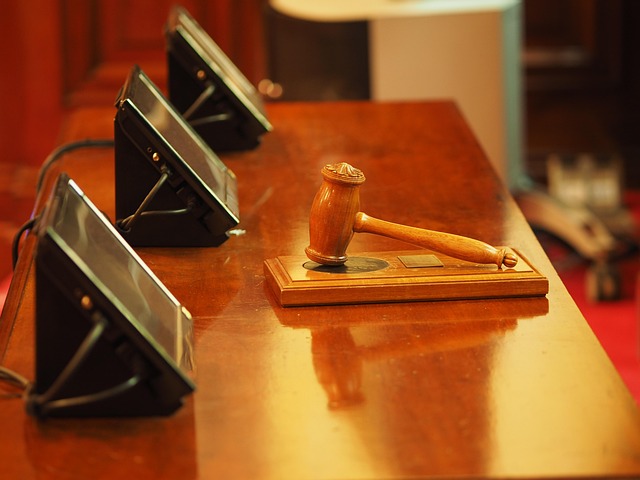C-Level Investigations scrutinize senior executive misconduct, balancing truth-seeking with legal considerations, especially the Statute of Limitations for Libel Cases which dictates timeframes for legal action (typically 1-2 years) and varies by jurisdiction. Understanding this deadline is crucial to avoid case dismissal, mitigate risks, and achieve favorable outcomes in libel disputes, particularly in high-stakes sectors like philanthropy and politics. Strategic planning, evidence gathering, and expert investigators are vital for successful investigations within the statutory limits. Case studies demonstrate the impact of meticulous approaches on securing not-guilty verdicts in high-profile trials.
“In the realm of corporate governance, C-level investigations play a pivotal role in upholding integrity. This comprehensive guide delves into the intricacies of such probes, offering a detailed overview of ‘Understanding C-Level Investigations’. We explore critical aspects like the ‘Statute of Limitations’ for libel cases, providing key considerations to navigate legal complexities. From successful launch strategies to potential consequences and real-world case studies, this article equips professionals with essential insights for effective C-level investigations.”
- Understanding C-Level Investigations: A Comprehensive Overview
- Statute of Limitations: Key Considerations for Libel Cases
- Launching Investigations: Strategies and Best Practices for Success
- Legal Implications: Navigating Limits and Potential Consequences
- Case Studies: Real-World Examples of Effective C-Level Probes
Understanding C-Level Investigations: A Comprehensive Overview

C-Level Investigations refer to high-level inquiries into alleged misconduct involving senior executives and decision-makers within an organization. These investigations are comprehensive processes designed to uncover the truth, ensure accountability, and maintain the integrity of businesses. They often involve complex legal considerations, including understanding the Statute of Limitations for Libel Cases, which varies by jurisdiction and can significantly impact the timeline of potential legal actions.
Achieving extraordinary results in these investigations requires a meticulous approach. Legal teams must navigate through a maze of facts, evidence, and potential loopholes to avoid indictment and ensure their clients’ rights are protected. By carefully considering timelines and legal barriers, such as the Statute of Limitations for Libel Cases, organizations can effectively manage risks and steer clear of costly jury trials while fostering an environment of transparency and ethical conduct.
Statute of Limitations: Key Considerations for Libel Cases

When navigating libel cases, understanding the Statute of Limitations is paramount. This legal concept dictates the time frame within which a claimant can initiate legal action following an alleged libellous act. The limitations period varies by jurisdiction but generally ranges from one to two years. Ignoring this deadline can prove fatal for plaintiffs, as it bars their ability to seek recourse in court.
The Statute of Limitations plays a significant role in high-stakes cases, especially within the philanthropic and political communities where reputations are invaluable. For investigations at all stages of the investigative and enforcement process, legal teams must carefully consider these time limits to ensure they file suit within the prescribed window. Failure to do so could result in the case being dismissed, emphasizing the crucial importance of prompt action in libel disputes.
Launching Investigations: Strategies and Best Practices for Success

Launching investigations at the C-level requires a strategic approach to ensure success. When addressing matters that could impact an organization’s reputation and financial standing, such as libel cases, understanding the Statute of Limitations is crucial. This legal framework dictates the time frame within which claims can be filed, emphasizing the importance of prompt action. Effective strategies involve meticulous planning, gathering comprehensive evidence, and employing expert investigators who can navigate complex regulatory environments.
A well-executed investigation should encompass all stages, from initial assessment to final enforcement. By engaging specialized professionals, organizations can protect their interests, especially in the philanthropic and political communities where scrutiny is heightened. The goal is to achieve extraordinary results by upholding legal and ethical standards, mitigating risks, and maintaining public trust—all while adhering to the specified time limits set by the Statute of Limitations for libel cases.
Legal Implications: Navigating Limits and Potential Consequences

The legal landscape surrounding C-Level investigations is complex and ever-evolving, with significant implications for businesses and individuals alike. One crucial aspect to consider is the Statute of Limitations for libel cases, which sets strict time frames within which legal actions can be initiated. Understanding these limits is essential for crafting effective strategies, as exceeding the prescribed period may result in a complete dismissal of all charges.
Navigating these legal parameters requires meticulous attention to detail and a deep understanding of the respective business environment. A winning challenging defense verdict hinges on timely action and a robust strategy that accounts for potential consequences. Businesses must be prepared to defend themselves against allegations, ensuring their practices align with legal frameworks while fostering a culture of transparency and accountability at the highest levels.
Case Studies: Real-World Examples of Effective C-Level Probes

In the realm of C-level investigations, understanding successful real-world examples is invaluable. Case studies demonstrate the effective navigation of complex corporate issues, from financial misdeeds to allegations of unethical behavior. These probes often involve high-stakes jury trials, where the stakes are high for both corporate and individual clients. The strategic utilization of evidence, meticulous attention to detail, and robust defenses have led to winning challenging defense verdicts, showcasing the importance of thorough investigation techniques.
For instance, examining a recent case involving a prominent executive can illustrate the intricacies. The probe delved into alleged violations of securities laws, with timelines spanning years. Investigators had to wade through mountains of financial records, emails, and witness statements, all while adhering to the statute of limitations for libel cases. Through meticulous analysis, they uncovered crucial patterns that led to a definitive conclusion, ultimately securing a not-guilty verdict. This highlights how robust case studies can educate and inspire future investigations, ensuring proficiency in navigating legal complexities.
C-level investigations are a critical component of corporate governance, ensuring transparency and accountability. By understanding the nuances of statute of limitations for libel cases and adopting best practices in launching investigations, organizations can effectively navigate legal implications and foster a culture of integrity. The case studies presented offer valuable insights into real-world scenarios, demonstrating that proactive and strategic C-level probes are essential for mitigating risks and upholding ethical standards.






